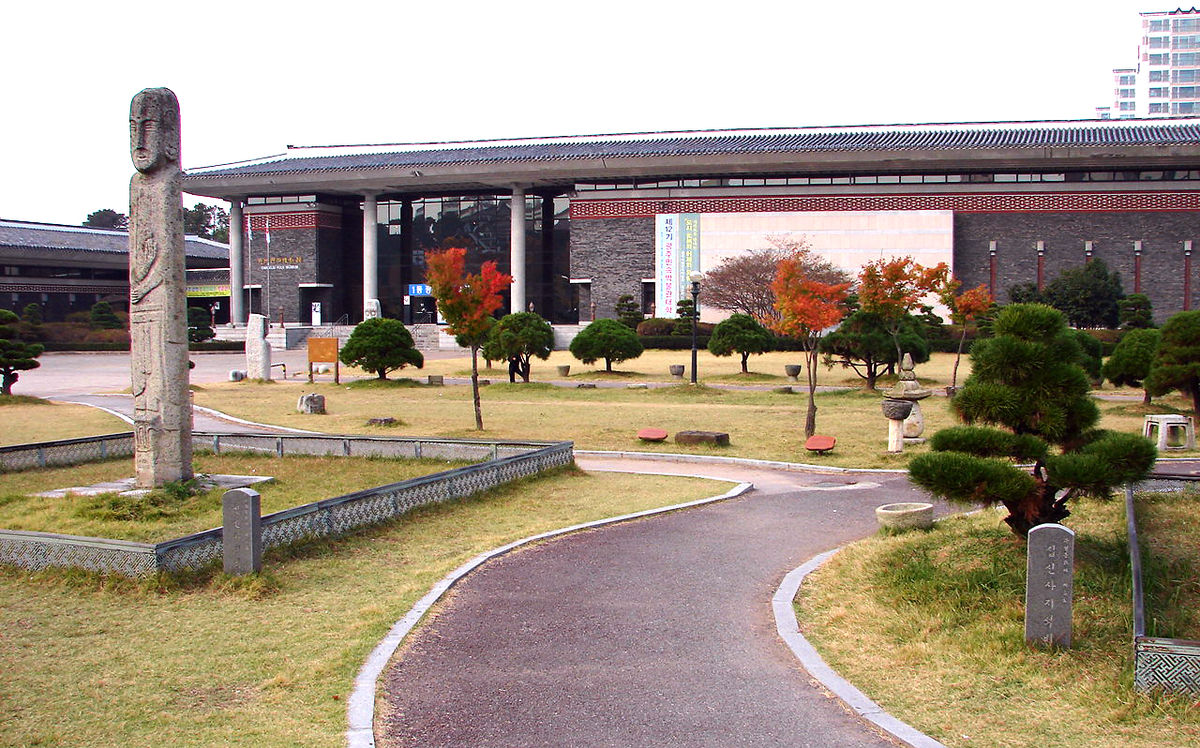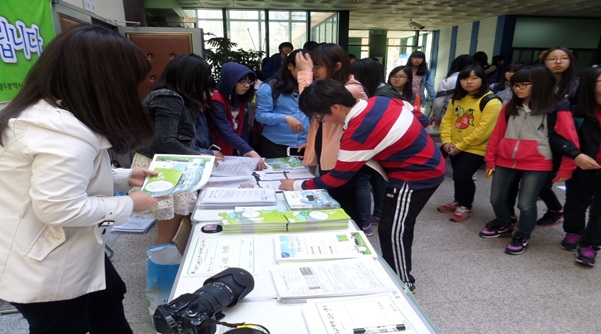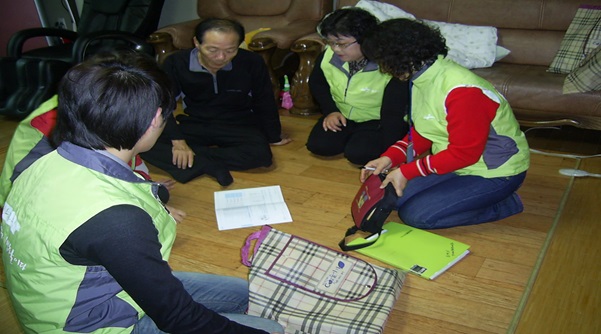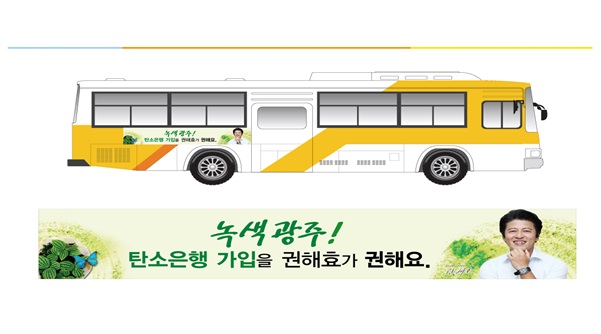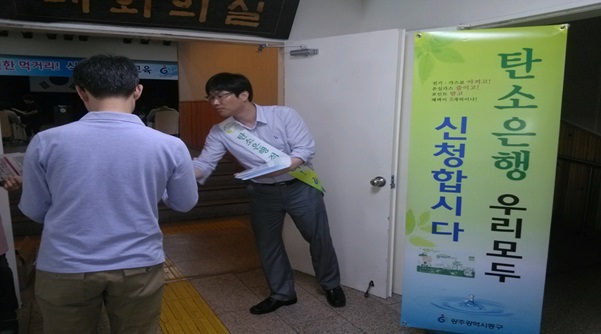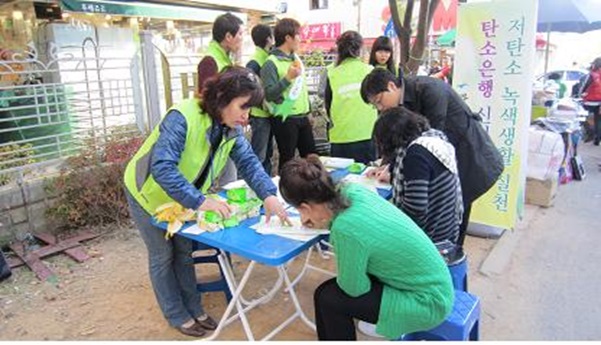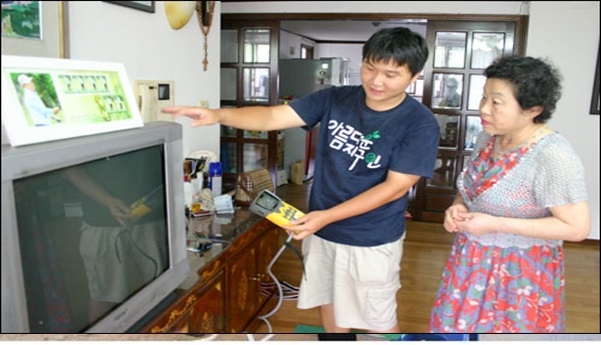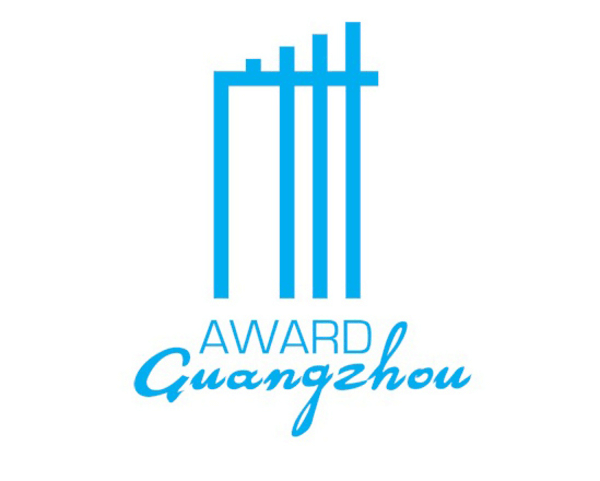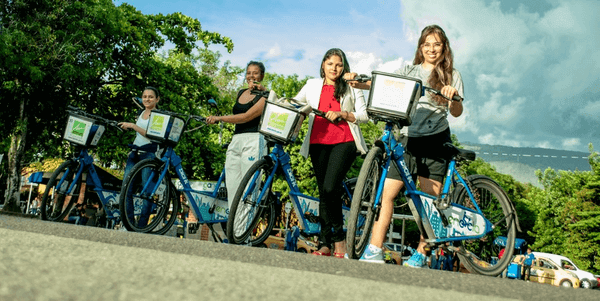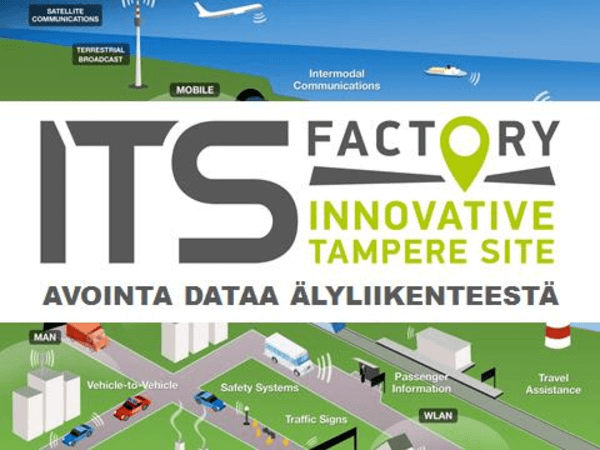City
Gwangju
Main actors
Local Government, City Government, National Government, Private Sector, Public Utility
Project area
Whole City/Administrative Region
Duration
Ongoing since 2008
In 2008, the City of Gwangju has initiated a program to spark voluntary carbon-saving steps by citizens. Five years later, 1.5 million Gwangju citizens were already participating or 62 percent of the city’s population.
Gwangju’s Carbon Bank system calculates reduced amounts of carbon dioxide through voluntary energy-saving efforts by household (regarding electricity, city gas, and waterworks) and turn them into points. Then it provides those points to participating households, thus helping them to save money. Kwangju Bank issues participating households the Carbon Green Card through which households receive points. Through the system, the city can analyze and evaluate reduced amounts of greenhouse gas emissions each year and expand the system through continual monitoring in the years ahead. While the city pays for educational and operating costs, a Green Star Network is responsible for implementing the education and promotion activities. Greenhouse gas emissions have decreased each year, most recently by 135,000 tons.
Guangzhou Award
This project was shortlisted for the 'Guangzhou Award' in 2014.
On Map
The Map will be displayed after accepting cookie policy
